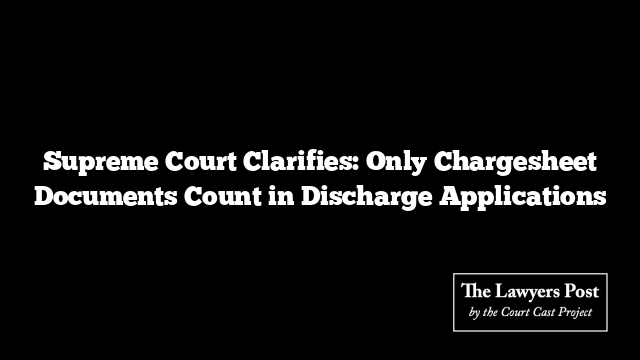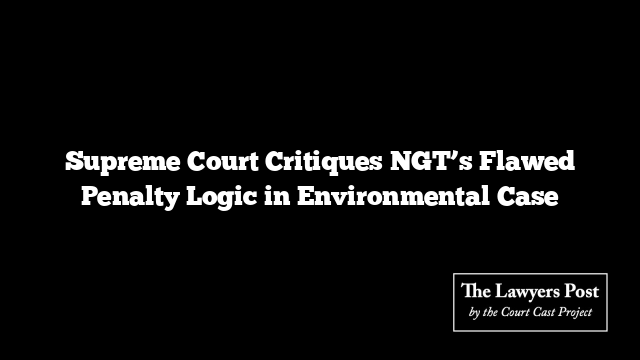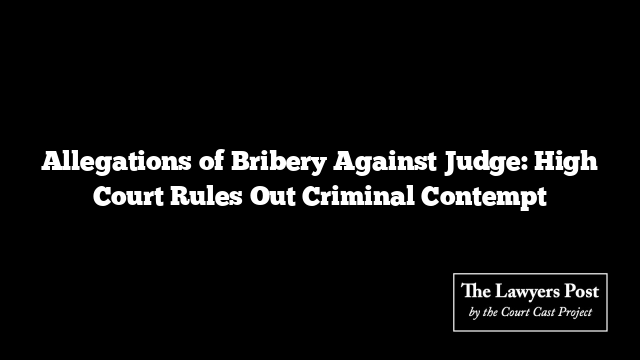In a pivotal ruling, the Supreme Court underscored that only documents forming part of the chargesheet can be considered when deciding discharge applications. The Court declared that extraneous documents, even if relevant to the case, hold no legal weight at this stage.
This clarification arose during an appeal by a man accused under Sections 498A and 406 of the Indian Penal Code, following an FIR filed by his wife. The FIR stemmed from a marital dispute, where the husband had obtained an ex-parte decree for annulment of the marriage. The High Court had earlier instructed the Trial Court to include the decree and related appeal documents—none of which were part of the chargesheet—while framing charges.
The Supreme Court found this direction legally flawed, reiterating the principle established in State of Orissa vs. Debendra Nath Padhi (2005), which prohibits consideration of documents outside the chargesheet at the discharge stage.
“The High Court erred grossly by directing the Trial Court to examine documents not included in the chargesheet. This is contrary to well-established legal principles,” observed a bench comprising Justices Abhay S. Oka and A.G. Masih.
Consequently, the Supreme Court set aside the High Court’s directive, partially allowing the appeal. The case was remanded to the High Court for further proceedings, scheduled to be heard by the Roster Bench later this month.
This ruling reinforces the sanctity of chargesheet contents in framing charges, delineating clear boundaries for judicial consideration during discharge applications.





